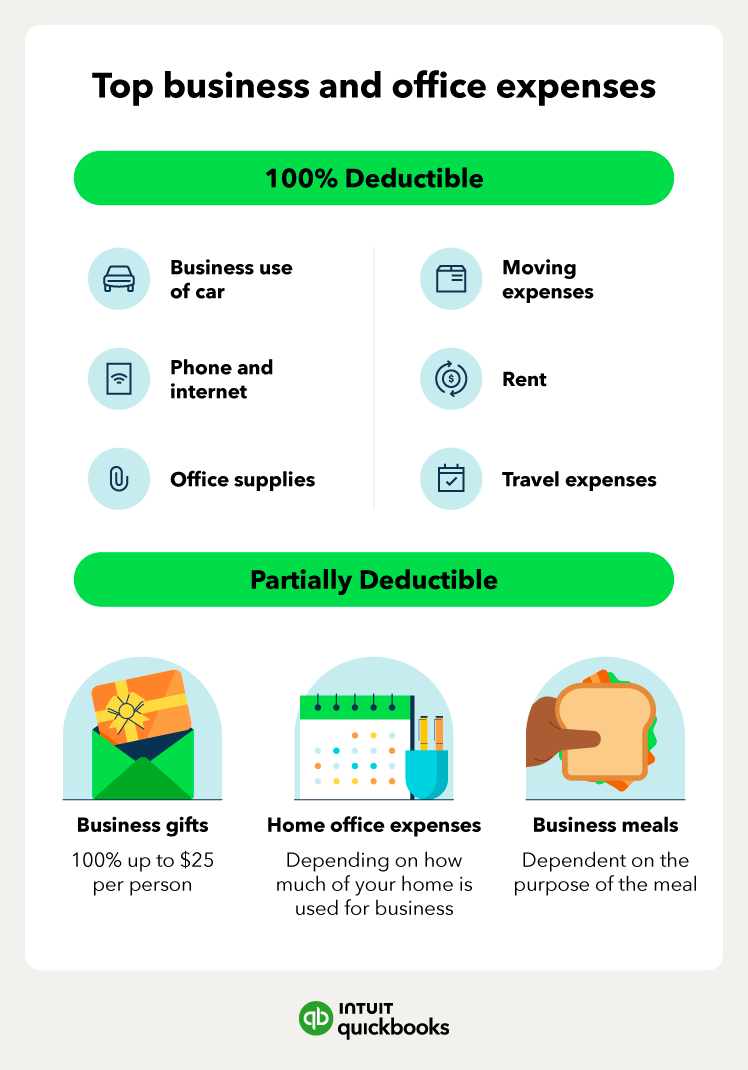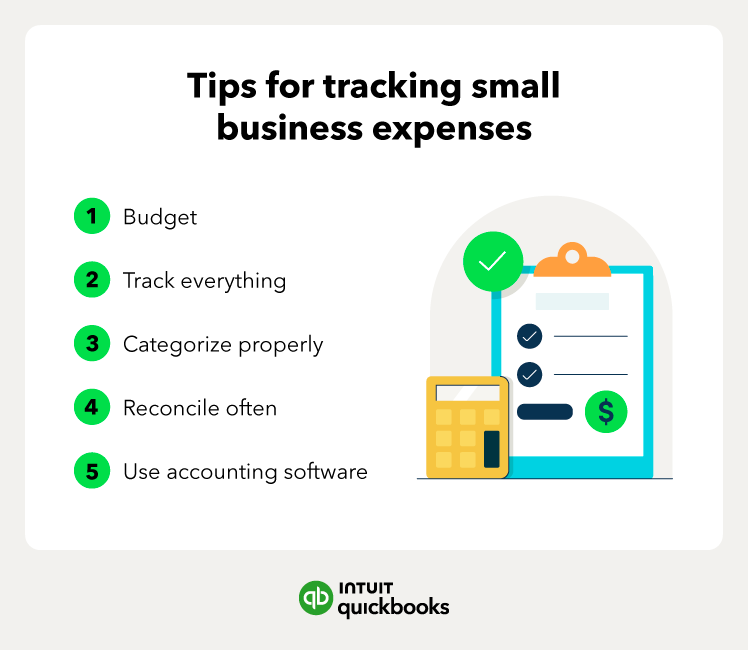

Many small-business owners—especially contractors and freelancers—work from a home office. If you use a home office, you might be able to deduct the costs of creating and maintaining your workspace.
There are two primary methods for taking home office deductions: simplified and regular . The simplified method is easier but could result in a smaller tax break, while the standard method requires a bit more math and precise recordkeeping but could get you a larger deduction.
Any legal fees that your small business pays can qualify as tax-deductible, including any fees in legal cases that you didn’t win.
Any legal or professional fees related to personal issues, including child custody and personal injury and property claims, are not deductible.
If you moved your business, you might be able to deduct any expenses associated with the move.
Moving expenses that don't directly correlate to the business move are no longer deductible. Personal moving expenses are exempt, although some exceptions exist for military members.
Necessary supplies for running and maintaining a functional office are fully tax-deductible tax breaks .
If you bought a large number of office supplies on December 31, 2023, you can’t deduct that cost this year because it’s highly unlikely you used all of those supplies in 2023.
If you use a phone and internet for your small business, those costs qualify as eligible deductions.
If you also use your work phone and Internet for personal use, you can only deduct the percentage of the cost you use for business purposes.
If you rent office space, a warehouse, or any other type of business property, you can qualify as a business expense on your taxes. A rent payment is any amount you pay to use the property for your small business that you don’t own.
If you have or will eventually receive equity in or title to the property in question, rent expenses are not eligible. If you use a home office, you might be eligible to write off a portion of the cost.
As a small business owner, you are responsible for funding your retirement plan, such as your 401(k) . Fortunately, your contributions are tax-deductible.
If you have employees, your selected retirement plan must benefit all employees, not just you.
If you’re a small business owner with one or more employees, you can deduct the cost of the employee's salaries, benefits, and vacation pay. This includes regular wages, commissions, and bonuses.
Generally, the IRS does not challenge itemized salary and benefits deductions. However, there are some cases when the IRS will deem a deduction unreasonable—for example, if the employee is an investor or a personal acquaintance.
The IRS allows you to deduct up to $5,000 in startup costs so long as those expenses do not exceed $50,000. If your startup expenses exceed $50,000, your deduction will be reduced.
If you are buying tangible assets for your business that you will use for more than one year, the costs of these assets must be depreciated over their lifespans.
If you travel to meet a client, attend a conference, or for any other business-related reason, you can write off your travel expenses .
If most of your trip is spent doing business-related things, the IRS considers this a vacation, and your expenses aren’t deductible. Make sure to save documentation that proves your trip was for business.
Maintaining control over your expenses allows you to make informed financial decisions.
Small business owners can improve their expense tracking with a few easy steps:

Running a business is rewarding but can come with many learning curves—like having to track your expenses and do your taxes. Luckily, small business accounting software like QuickBooks Online can help make the process less taxing by helping you track expenses throughout the year—either on your own or with the help of a virtual bookkeeper .
The maximum depreciation deduction a small business owner can take for tax year 2023 is $1,160,000 .
What business expenses are 100% tax deductible?There are many business expenses that you can deduct 100% of from your taxable income, including travel expenses, office supplies, and marketing expenses.
Can you deduct your cell phone bill as a business expense?You can deduct the portion of your cell phone bill that you use for business. For example, if you use your cell phone 50% of the time for your business, you can deduct half of the bill.

Marshall Hargrave is a financial writer with nearly two decades of experience in finance, investing, and tax industries. He’s helped create and edit content for the likes of Investopedia, RobinHood, Fortune, and Yahoo! Finance. He’s also supported startups and small businesses with accounting, bookkeeping, and budgeting and worked with various finance organizations like the Consumer Bankers Association and the National Venture Capital Association. Marshall is a former Securities & Exchange Commission-registered investment adviser with a bachelor's degree in finance from Appalachian State University.



Money movement services are provided by Intuit Payments Inc., licensed as a Money Transmitter by the New York State Department of Financial Services. For more information about Intuit Payments' money transmission licenses, please visit https://www.intuit.com/legal/licenses/payment-licenses/.
This content is for information purposes only and should not be considered legal, accounting, or tax advice, or a substitute for obtaining such advice specific to your business. Additional information and exceptions may apply. Applicable laws may vary by state or locality. No assurance is given that the information is comprehensive in its coverage or that it is suitable in dealing with a customer’s particular situation. Intuit Inc. does not have any responsibility for updating or revising any information presented herein. Accordingly, the information provided should not be relied upon as a substitute for independent research. Intuit Inc. does not warrant that the material contained herein will continue to be accurate nor that it is completely free of errors when published. Readers should verify statements before relying on them.
We provide third-party links as a convenience and for informational purposes only. Intuit does not endorse or approve these products and services, or the opinions of these corporations or organizations or individuals. Intuit accepts no responsibility for the accuracy, legality, or content on these sites.